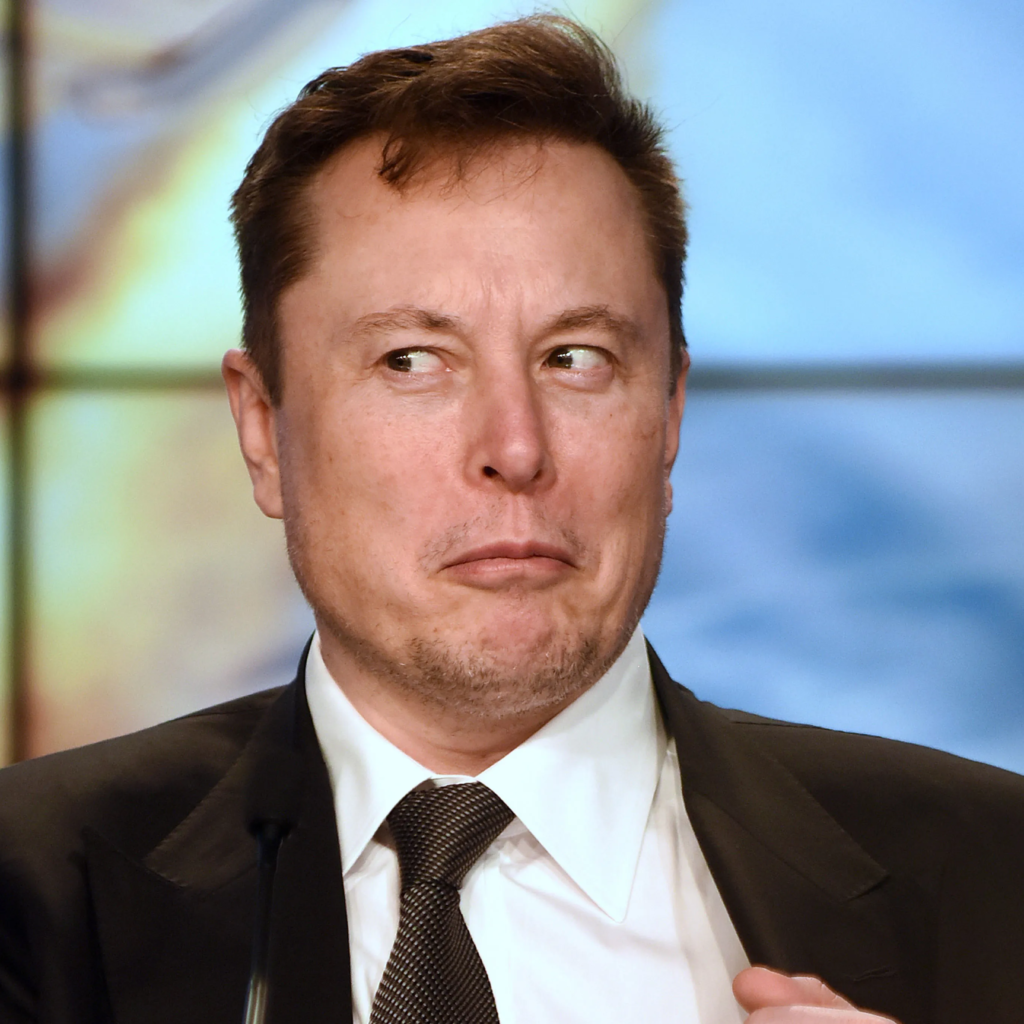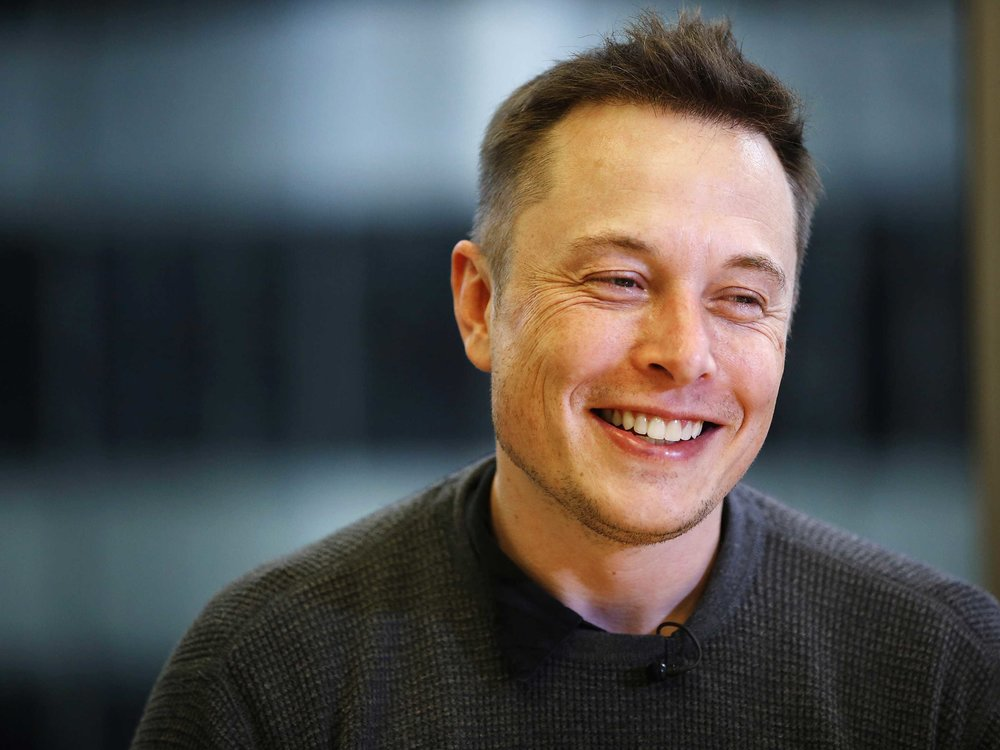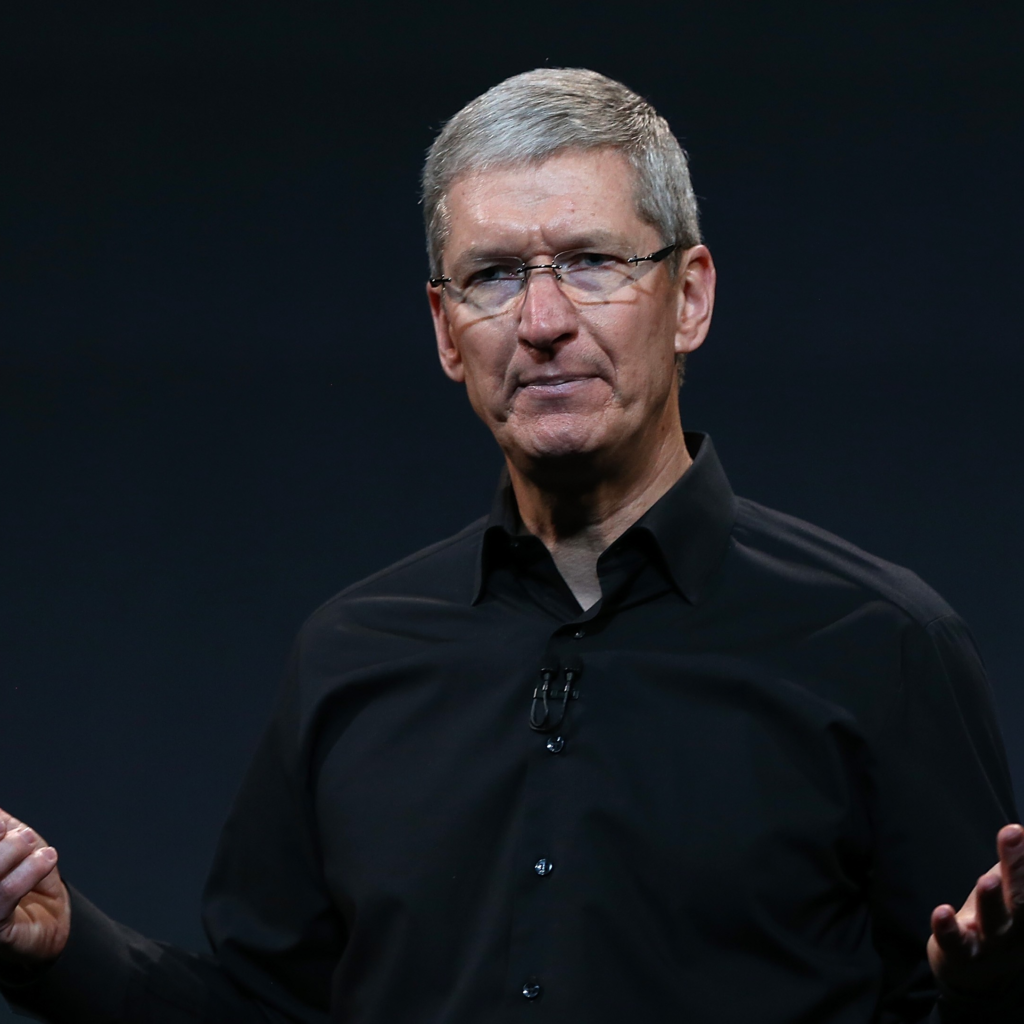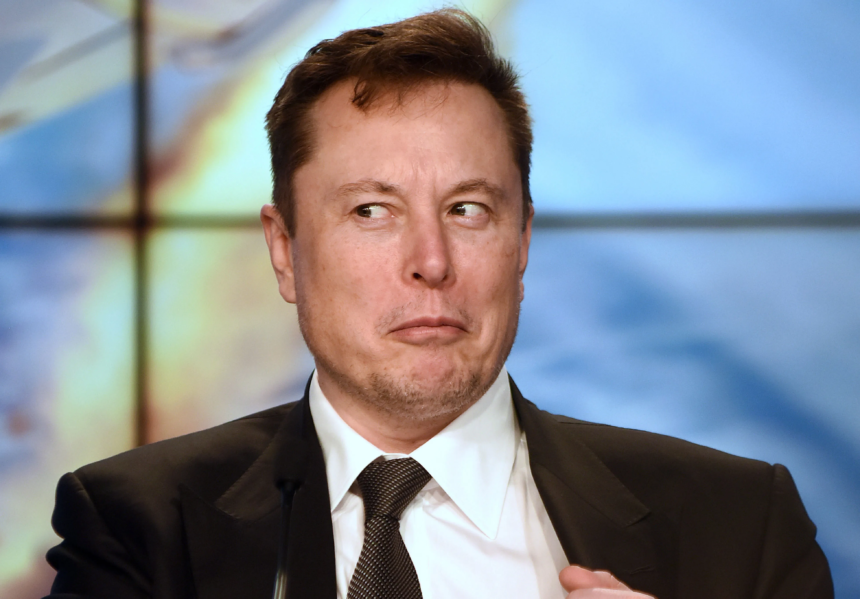The Pot is boiling…
Elon Musk has once again captured headlines with his bold ultimatum towards Apple regarding the integration of ChatGPT technology. Musk’s threat to ban Apple devices at his companies has sent shockwaves through the industry, sparking a heated debate on the future of AI innovation and security. In this blog post, we delve into the intricacies of Musk’s controversial response and the implications it holds for both Apple and the broader tech ecosystem.
Understanding the Genesis of Musk’s Ultimatum on Apple ChatGPT Integration
The origins of Elon Musk’s uncompromising position on Apple’s decision to embed ChatGPT technology into its ecosystem are deeply rooted in his long-standing apprehensions regarding the secure and ethical use of artificial intelligence. Musk, whose endeavors span across various sectors including automotive, aerospace, and social media, has consistently highlighted the existential threats he believes AI poses if not developed and implemented responsibly. This perspective has been a cornerstone of his professional ethos, influencing the strategic direction of his ventures and his public discourse on technology.
Musk’s proactive stance against Apple’s recent strategic pivot to integrate OpenAI’s ChatGPT signifies more than a mere business disagreement; it is emblematic of a fundamental clash of visions concerning the trajectory of AI development and its integration into daily life. At the heart of Musk’s ultimatum lies a profound concern for the potential compromise of personal and corporate data security. His alarm over Apple’s partnership with OpenAI is not isolated but reflects a broader skepticism about the ability of big tech companies to navigate the ethical minefield of AI innovation without compromising user privacy or security.
Musk’s reaction is further intensified by his historical involvement with OpenAI.
Having co-founded the organization with the intention of ensuring AI benefits all of humanity, Musk has watched with growing disillusionment as the company, in his view, veers away from its foundational ethos. His decision to confront Apple’s initiative and to propose extreme measures such as the Faraday cage policy for Apple devices visiting his companies’ premises is a direct manifestation of his deep-seated belief in the need for an AI development path that prioritizes security, privacy, and ethical considerations above all.
In Musk’s view, the partnership between Apple and OpenAI is not merely a technological collaboration but a pivotal moment that could define the future landscape of AI. His challenge to Apple is thus a clarion call for a reevaluation of how AI technologies are developed, deployed, and governed, underscoring his insistence on a more conscientious approach to innovation in the digital age.
xAI Company vs. ChatGPT
| Aspect | xAI Company | ChatGPT |
|---|---|---|
| Type | Private AI research and development company | AI language model developed by OpenAI |
| Founder | Elon Musk | Developed by OpenAI |
| Primary Focus | Developing artificial general intelligence (AGI) | Natural language processing and understanding |
| Mission | To understand the universe and apply AGI to solve complex problems | To assist with text-based interactions and tasks |
| Products/Services | Advanced AI research, AGI development tools | Text generation, conversational AI, API services |
| Ownership | Privately held, led by Elon Musk | Non-profit organization with commercial arms |
| Innovation Areas | AGI, AI ethics, advanced machine learning | Language comprehension, human-like text generation |
| Privacy and Security Concerns | Emphasis on ethical AI development and data security | Utilizes user data with strict safeguards and anonymization processes |
Analyzing the Implications of Apple ChatGPT Integration
Apple’s initiative to weave ChatGPT technology into its operating systems marks a significant pivot towards leveraging artificial intelligence to elevate the user experience. This strategic maneuver reflects Apple’s ambition to remain at the forefront of technological innovation, embedding AI into the fabric of its services and products. By promising to prioritize AI privacy and employing a combination of on-device processing and cloud computing, Apple aspires to set new industry benchmarks for secure and private AI interactions.
Despite these assurances, Elon Musk’s pointed skepticism unveils a complex web of concerns surrounding the deployment of AI technologies on such a vast scale. Musk’s apprehension is not unfounded; the integration of ChatGPT by a tech behemoth like Apple brings forth pressing questions about the monopolization of AI technologies, the potential for surveillance, and the nuances of data consent. These issues underscore the critical need for a transparent, regulated approach to AI development and implementation, ensuring that advancements in AI serve to augment human capabilities without infringing on personal liberties.

Concentration of Power in the Hands of a Few Tech Giants
Furthermore, Apple’s partnership with OpenAI, a prominent player in the AI domain, raises questions about the concentration of power in the hands of a few tech giants and its implications for innovation and competition in the broader ecosystem. While Apple seeks to harness OpenAI’s prowess in AI, this collaboration must be navigated with a vigilant eye on maintaining a balanced competitive landscape, fostering an environment where emerging AI technologies can flourish across a diverse array of platforms and companies.
This integration also beckons a re-evaluation of the ethical dimensions of AI deployment. As AI technologies become more deeply integrated into the devices and services that permeate daily life, the responsibility on companies like Apple to ensure these technologies are developed and used ethically has never been greater. This entails a commitment to not only advancing AI in a way that enhances user experience but also safeguarding against the potential misuse of AI that could undermine public trust or compromise individual freedoms. The dialogue sparked by Musk’s criticisms illuminates the imperative for ongoing discourse and collaborative problem-solving in the quest to reconcile the vast potentials of AI with the paramount importance of ethical governance and security.
Musk’s Critique of Apple ChatGPT AI Strategy
Elon Musk’s critique of Apple’s engagement with OpenAI and the subsequent integration of ChatGPT technology into Apple’s ecosystem is underpinned by a stark skepticism regarding the originality and independence of such a strategy. Musk challenges the notion that a partnership with an external AI entity can genuinely secure the privacy and security promises made to users, thereby questioning the depth of innovation and autonomy in Apple’s approach to AI development.
He implies that true innovation in AI requires a foundational commitment to developing proprietary technologies that do not rely heavily on external partnerships. Musk’s perspective suggests that leveraging an entity like OpenAI could compromise the integrity of Apple’s AI advancements, reflecting a broader concern over the potential for monopolistic practices to dilute the diversity and competitive spirit within the tech industry. This critique is not merely a reflection of business rivalry but highlights a significant debate on the trajectory of ethical AI development, emphasizing the importance of originality, control, and ethical considerations in the creation and implementation of AI technologies.
Musk’s vocal opposition to Apple’s strategy is emblematic of his broader vision for the AI sector, where innovation is rooted in ethical considerations and the security of user data. By advocating for a more autonomous approach to AI development, Musk underscores the need for tech giants to lead with innovation that is both original and conscientiously developed, ensuring that advancements in AI not only enhance user experience but also safeguard against the manifold risks associated with AI deployment. Through his critique, Musk invites a reevaluation of how partnerships and technological dependencies shape the future of AI, urging for a strategic approach that prioritizes ethical integrity, security, and the fostering of a competitive, innovative ecosystem.

The Faraday Cage Policy Explained on the Apple ChatGPT Integration
Elon Musk’s proposition to implement a Faraday cage policy for Apple devices at his company premises exemplifies a meticulous approach towards ensuring an unbreachable security environment. This policy, which may appear extreme to some, is a calculated strategy rooted in Musk’s profound dedication to preserving the integrity of sensitive information within his companies. A Faraday cage, an enclosure used to block electromagnetic fields, is not merely a physical barrier but a symbol of Musk’s vigilance against potential vulnerabilities that could be exploited through wireless transmissions.
In this context, the requirement for visitors to store their Apple devices within a Faraday cage before entering company premises is a testament to Musk’s commitment to security above all. It is a proactive measure, reflecting a deep understanding of the subtleties of data protection in an era where digital espionage and unauthorized data access are tangible risks. By mandating such a policy, Musk is not only safeguarding his ventures from potential security breaches but also making a bold statement about the importance he places on privacy and data integrity.
Ever-evolving Threats in the Digital Landscape
This policy is indicative of the lengths to which Musk is willing to go to ensure that his companies remain fortresses against the ever-evolving threats in the digital landscape. It highlights a scenario where the implementation of advanced security measures is deemed necessary to counteract the possible implications of integrating technologies like ChatGPT into everyday devices. Through this policy, Musk underscores the need for robust security protocols in the face of partnerships and technological integrations that may introduce new vulnerabilities.
The Faraday cage policy is thus a strategic component of Musk’s broader security philosophy, serving as a clear demonstration of his prioritization of protective measures in an unpredictable technological environment. It reflects a forward-thinking approach to security, emphasizing the necessity of physical and digital safeguards in protecting against the unauthorized dissemination of crucial information.

Musk vs. OpenAI: A History of Discord
The friction between Elon Musk and OpenAI is emblematic of deeper ideological divides that have emerged in the field of artificial intelligence. This discord traces its roots back to when Musk, one of the co-founders of OpenAI, publicly criticized the organization for veering away from its original altruistic mission towards a more profit-driven approach. Musk’s contention with OpenAI is not just about business strategy but pivots on fundamental questions about the purpose and direction of AI development. His legal confrontation with OpenAI and its CEO, Sam Altman, underscores the intensity of Musk’s dissatisfaction with the organization’s trajectory. He alleges that OpenAI has departed from its founding principles, which were centered around developing AI technologies that would broadly benefit humanity rather than serve narrow commercial interests.
Musk’s decision to establish xAI in response to his grievances with OpenAI is a manifestation of his commitment to influencing the AI domain in a manner he deems ethically responsible and aligned with the broader interests of society. This initiative is not merely a business venture; it is a philosophical statement, challenging the prevailing norms and practices within the AI industry. By initiating xAI, Musk is signaling his unwillingness to cede the future of AI to entities he believes are compromising on foundational ethical standards.
The discord between Musk and OpenAI is more than a personal or organizational conflict; it represents a critical juncture in the AI industry, spotlighting the tension between commercial success and ethical stewardship. This schism underscores the need for a reevaluation of the guiding principles that underpin AI research and development, advocating for a future where AI innovations are aligned with the broader welfare of society rather than being dictated by market imperatives or the interests of a select few.
Introducing xAI: Musk’s Countermeasure
In an industry that often sees titans clashing over technological advancements and ethical boundaries, Elon Musk’s initiative to create xAI stands out as a bold endeavor to redefine the landscape of artificial intelligence. This strategic move is not just about introducing another player into the AI field; it represents a deliberate pivot towards fostering an AI development model that is in stark contrast to the prevailing norms. Musk’s launch of xAI underscores his unwavering commitment to steering the future of AI towards a trajectory that he believes is more aligned with the original, altruistic goals of OpenAI, emphasizing the betterment of humanity over profit maximization.
xAI emerges at a critical juncture in the tech ecosystem, where concerns around data privacy, security, and ethical AI use are increasingly coming to the fore. By embarking on this venture, Musk is leveraging his considerable influence and resources to challenge the status quo, signaling a significant shift towards prioritizing the development of AI technologies that embody transparency, ethical standards, and robust security measures. This approach not only distinguishes xAI from existing entities but also sets a new benchmark for what is possible in the realm of AI innovation.
xAI and its Remarkable Valuation
Furthermore, the establishment of xAI and its remarkable valuation of $24 billion after a substantial funding round is a testament to the confidence investors and the market have in Musk’s vision and his capability to effectuate meaningful change in the AI domain. This initiative is poised to catalyze a wave of innovation, encouraging both established companies and startups alike to reevaluate their strategies and realign their objectives with the foundational principles of ethical AI development.
In essence, xAI embodies Musk’s response to the challenges and opportunities within the current AI landscape, offering a beacon for those who advocate for an approach to AI that harmonizes technological advancement with ethical integrity and societal benefit.
The Potential Impact on the Tech Ecosystem
The unfolding saga between Elon Musk and major tech entities like Apple and OpenAI delineates a new chapter in the narrative of technological evolution, particularly within the realm of artificial intelligence. Musk’s assertive stance and the subsequent industry reactions are poised to recalibrate the equilibrium of power, innovation, and ethical standards in the tech ecosystem. This confrontation is not merely a testament to the clashing of tech titans but underscores a broader discourse on the stewardship of AI development.
The prospect of Musk’s companies distancing themselves from Apple devices and the fervent drive to establish a parallel AI entity through xAI highlight an imminent diversification and decentralization of AI research and development. This landscape could lead to increased competition, fostering a rich environment for breakthrough innovations and potentially accelerating the pace at which safe and ethical AI technologies come to market. However, this schism also risks fragmenting the tech ecosystem, potentially complicating interoperability and the seamless integration of AI technologies across different platforms and devices.
Moreover, Musk’s challenge throws a spotlight on the imperative for rigorous data security measures and ethical AI usage, setting a precedent that could elevate industry-wide standards. This movement has the potential to catalyze a shift in how companies approach AI development, with a stronger emphasis on transparency, user privacy, and the ethical implications of AI applications.
In this evolving scenario, the ramifications for the tech ecosystem extend beyond immediate business implications, shaping the trajectory of AI governance, ethical considerations, and the competitive landscape. As companies navigate these turbulent waters, the collective approach to innovation, collaboration, and regulation will indelibly influence the future of technology, dictating the pathways through which AI transforms our society and economy.
How the Rivalry Between xAI and ChatGPT Benefits People in Their AI Journey
The rivalry between xAI, founded by Elon Musk, and OpenAI’s ChatGPT significantly benefits individuals and businesses by driving innovation and advancements in AI technology. This competition leads to the development of more advanced and capable AI tools, providing users with better and more efficient solutions.
One of the primary benefits is the diverse approaches taken by both entities. While xAI focuses on developing artificial general intelligence (AGI) to solve complex, universal problems, ChatGPT specializes in natural language processing (NLP) to enhance text-based interactions. This diversity ensures a broader range of AI applications, catering to various needs and industries.
Improved user experience is another significant advantage.
As both companies strive to outdo each other, they continually refine their AI models to be more intuitive, user-friendly, and efficient. This results in AI tools that are easier to use and more effective in assisting with tasks, ultimately making technology more accessible to a wider audience.
Ethical AI development is also a key focus for both xAI and OpenAI. The rivalry encourages both companies to prioritize the safe and responsible deployment of AI technologies. This emphasis on ethics ensures that AI tools are developed with considerations for privacy, security, and the well-being of users, fostering trust in AI innovations.
Additionally, the competition can lead to greater accessibility and affordability of AI tools. As both companies work to capture a larger market share, they are likely to lower costs and offer more competitive pricing. This makes advanced AI technologies more affordable for consumers and businesses, democratizing access to powerful AI capabilities.
Enhanced capabilities from this rivalry enable AI to solve more complex problems and automate a wider range of tasks. The continuous improvements in AI models allow for more powerful and versatile applications, benefiting sectors such as healthcare, finance, education, and beyond.
In summary, the competition between xAI and ChatGPT drives innovation, improves user experience, promotes ethical AI development, and makes advanced AI tools more accessible and affordable, significantly benefiting people in their AI journey.

Collaborative Pathways Forward
The unfolding dynamics within the tech industry, underscored by Elon Musk’s confrontational stance towards AI integration and development, underscore the critical need for a unified approach in steering the future of artificial intelligence. This juncture presents a unique opportunity for leaders and innovators across the spectrum to engage in constructive dialogue and explore collaborative avenues.
Embracing diverse viewpoints and pooling expertise is paramount to devising AI solutions that are not only groundbreaking but also ethically sound and secure. By prioritizing collaboration over competition, the industry can unlock synergies that propel AI technology forward in a manner that respects privacy, promotes security, and enhances user experiences.
Such a concerted effort would ensure that AI development is guided by a comprehensive framework that balances innovation with societal welfare. Establishing multi-stakeholder platforms for regular discourse, sharing best practices, and fostering an environment of transparency can serve as foundational steps towards achieving these objectives.
In Summary…
Ultimately, a collaborative strategy will enable the tech community to navigate the complexities of AI, mitigating risks while maximizing the potential benefits for humanity at large. This pathway not only aligns with Musk’s call for a reevaluation of AI’s trajectory but also positions the industry to collectively shape a future where technology and ethical governance coalesce, ensuring a sustainable and prosperous digital age.
Don’t forget to subscribe to Shift Gear X for more articles. Need expert advice or consulting? Be sure to visit Shift Gear.
Check this also – ChatGPT Joins the iPhone Family: A Strategic AI Overhaul by Apple – Information Technology Trends & Current News | Shift GearX
You will also love – ERP System: Embracing AI for Enhanced Efficiency and Growth (shiftgearx.com)









